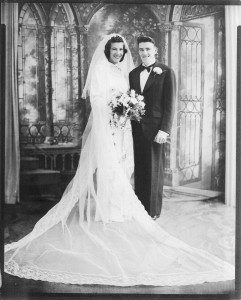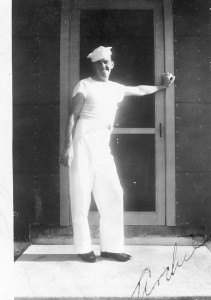The field of genealogy is very similar to one of children’s favorite games: a puzzle. It consists of finding all the missing pieces – of priceless information – and making them fit together as to create a perfect final picture. Unlike a real puzzle that can be hung on the wall for all to admire once it’s completed, the information collected and gathered by a genealogist actually helps others learn more about themselves and their long lost identities.
In a certain way, the perseverance and research involved in the process complete – for many – much more than a simple picture because such work offers new links to follow and new paths to explore to people worldwide. Genealogy is indeed an interactive field that helps individuals reconnect with a past they’ve always pondered upon, therefore, allowing them to grow (on a personal level) and build new relationships, or foundations, with the latest generations of their cultural heritage.
Once again, the field of genealogy is not as simple as a regular puzzle that can be purchased in any store. It doesn’t come in a box. All the pieces are not always evident and many often have to be deciphered before being able to create a whole picture. A regular puzzle might take a day to complete, while a genealogist may spend months to gather all the information needed to provide someone with a reliable and trustworthy plan to follow.
Since most Americans are of European descent, genealogists often have to handle important documents in many different languages, therefore needing the assistance of reliable linguists for all their translation needs. This is how K.B. Genealogy & Research is really able to distinguish itself from the rest of its competitors. They are not interested in providing their customers with half of a puzzle, they go beyond to acquire the most reliable information they can by entrusting their records to language professionals who share the same goal: making a “real” difference in someone’s life by accepting no less than the most reputable sources of information, whether in English, Italian, French, German or Dutch (amongst others)!
So, as you can see, although puzzles appear to be adaptable to human situations, they are not. A puzzle already provides the pieces needed to achieve results, human situations require time, devotion, research, reliability, cure, patience, understanding and preciseness – especially when dealing with foreign languages – in order to be able to create a perfect path worth following. Every single one of us has roots across the oceans, beyond the national boundaries and around the globe. None of us were born alone; we all had a biological mother and father. Chances are that our very own parents had brothers and sisters, long lost cousins that may not even know of your existence, nor you of theirs.
Genealogy, like a puzzle, helps you put the pieces of information available together to help you come to terms with your questions: “Why did my great grandpa come here”, “Where did he come from”, “Who did he leave behind?”, “Does anyone even know of my existence?”, “Where do I have to travel to find my long lost relatives?”. Genealogy and languages will help you find the answers to your questions. Why live in doubt when there is a great multi-lingual genealogy partner next door who is ready to help you reconnect with your heritage worldwide? It’s time you take action and to become one of the many success stories of our global genealogical research!
Written by Caroline Schena – Professional Translator with a Bachelor’s in Languages.







